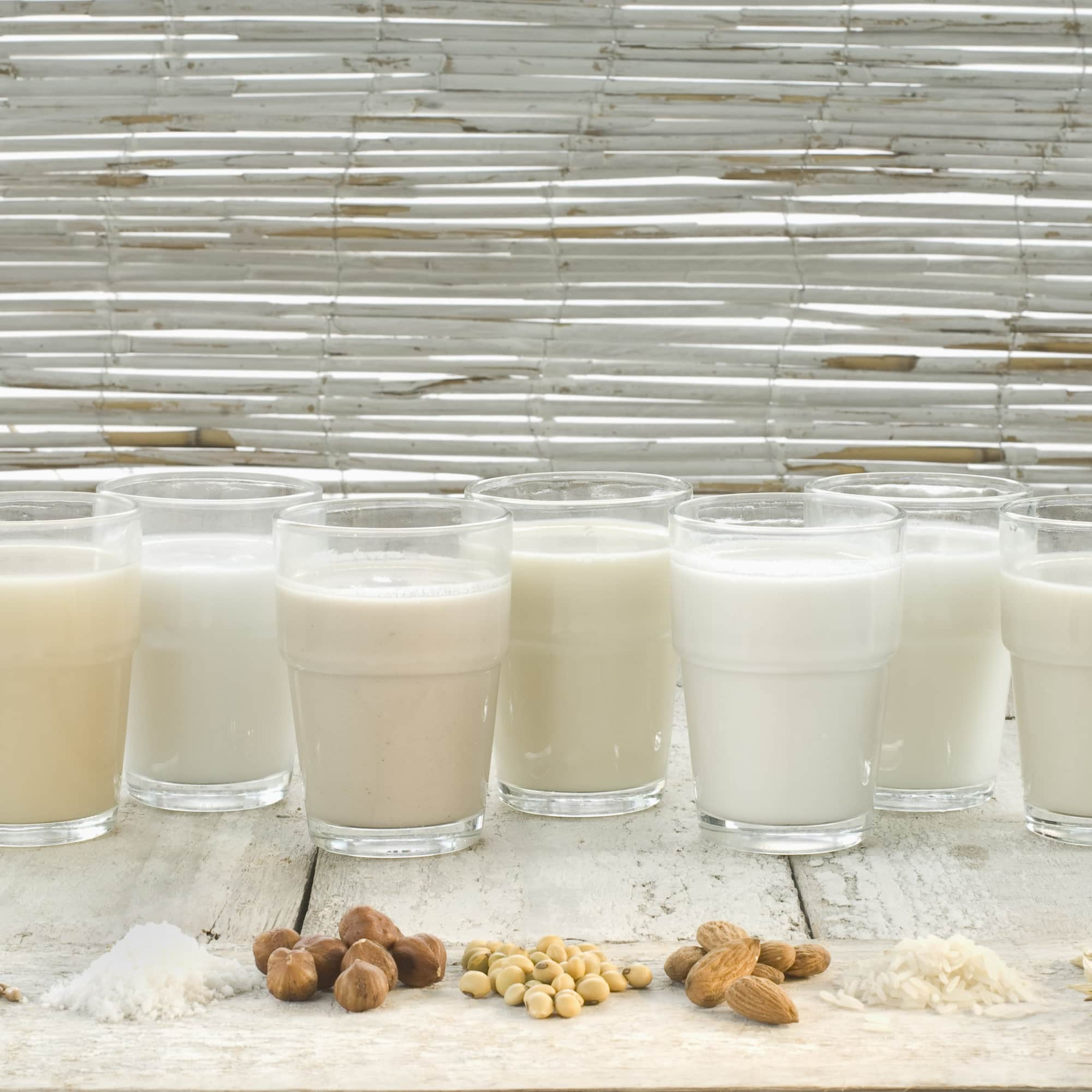
- POPSUGAR Australia
- Fitness
- Should You Be Eating Bee Pollen? A Dietitian Explains the Potential Benefits
Should You Be Eating Bee Pollen? A Dietitian Explains the Potential Benefits

If you’re looking for more high-protein, all-natural foods to add to your diet – bonus if they’re also rich in antioxidants, amino acids, and anti-inflammatory compounds – you may want to consider picking up bee pollen from your local health food store or farmer’s market. These tiny yellow pellets are produced by bees as they travel from flower to flower and can contain a mixture of pollen, saliva, and nectar. While that may not sound appetizing, bee pollen is dense with nutrients and has a hearty, subtle sweetness that pairs well with lots of foods.
It’s important not to confuse bee pollen with other bee products, such as honey or beeswax. This natural supplement has distinct nutritional benefits worth exploring on their own. Keep reading for everything you need to know about one of the year’s trendiest health foods.
What Are the Benefits of Bee Pollen?
“Bee pollen is a food that has a lot of nutrition density in a relatively small portion,” Emily Simons, a registered dietitian at Phorm Fitness in Chicago, tells POPSUGAR. While research on bee pollen is still emerging, Simons notes that it may be especially beneficial in combatting inflammation.
“If you want to add anti-inflammatory foods into your diet, bee pollen would be a food you would want to include,” she says. “It’s very high in anti-inflammatory compounds, specifically certain antioxidants that help to reduce inflammation in the body.”
Bee pollen is also rich in amino acids and protein (some brands contain upward of one to two grams per tablespoon) and can be a source of other key nutrients, including vitamins A, B1, B2, B6, C, D, and E. Together, these nutrients could offer a number of benefits.
Early research suggests that bee pollen may help reduce swelling and ease acute and chronic inflammatory conditions; detoxify the liver; support the immune system, and even mitigate the effects of stress by increasing blood flow to the nervous system. Bee pollen also has antifungal and antimicrobial properties and is believed to accelerate the healing of wounds and burns.
How Much Bee Pollen Should You Eat?
While the literature on bee pollen so far seems promising, it’s important to note that bee pollen should be an addition to an otherwise well-rounded diet. “Like any other healthy food, we want to eat a variety,” Simons says. Incorporating bee pollen into your meals can contribute to a healthy diet, but it’s not going to get you there on its own, she explains – you still need to eat a wide variety of nutrient-rich foods to see the greatest benefit.
As for bee pollen, Simons recommends a serving size of three to five teaspoons. If you’re using pollen as a supplement to your daily diet, Simons notes that one serving per day is standard. However, your doctor may recommend increasing your servings if you have a condition that may be better managed using bee pollen’s more targeted medicinal properties.
Is Bee Pollen Safe?
“Always check with your doctor before using bee pollen to ensure it is safe for you,” Simons says. You should also be sure to buy pollen from a reputable supplier, such as a local farmer or health food store. Regardless of where it’s purchased, bee pollen may not be safe if:
You’re taking certain medications. Bee pollen can interfere with some medications and cause increased bleeding if taken with certain blood thinners, Simons explains. If you take any medications, check with your doctor before use.
You have bee or pollen allergies. If you’re allergic to bees, Simons says that you should avoid bee pollen due to risk of an allergic reaction. In addition, if you have an allergy to environmental pollen or sensitivity to other bee products such as honey or beeswax, you should take caution when consuming bee pollen. If you experience symptoms of itching, swelling, or trouble breathing, stop use immediately and see your doctor.
You’re pregnant or breastfeeding. The National Library of Medicine recommends that those who are pregnant or breastfeeding avoid consuming bee pollen.
How to Add Bee Pollen to Your Diet
Bee pollen is consumed raw and can be incorporated into almost any meal. Simons recommends sprinkling bee pollen on Greek yoghurt for a hint of sweetness or tossing it into a salad for an extra crunch. The options are truly endless, but here are a few healthy (and easy) ways to get a dose of this nutritional superstar:
- Blend into a smoothie or açai bowl
- Bake into oatmeal or baked oats
- Mix into Greek yoghurt
- Garnish atop toast
- Toss into a salad
- Sprinkle into granola or homemade protein bars


